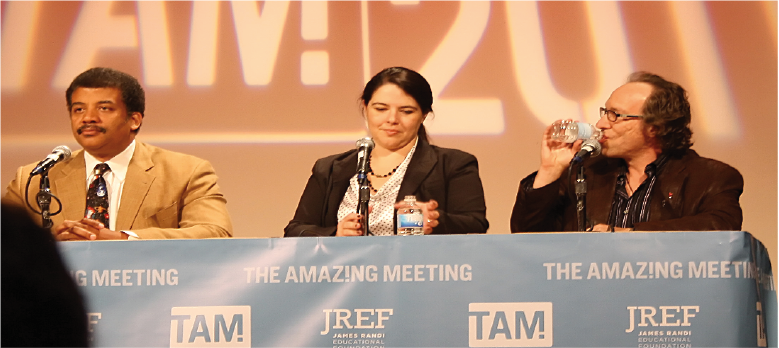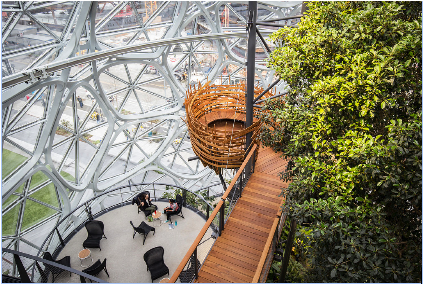Censorship is long proclaimed as one of the worst moral crimes against the press or the people’s voice. Oppressive, in fact. But where is the line drawn on what is and what is not censorship? I argue that censorship only occurs when the platform being controlled is a public platform.
Twitter and Facebook have both taken part in a campaign against “fake news.” Twitter has been much quieter about this, preferring to kick back and prevent certain hashtags from trending. Mr. Zuckerberg from Facebook, on the other hand, has proposed solutions such as attaching warnings to posts that other have flagged as false.
Are either of these situations censorship? If Twitter was a right to all people, or if all stories were constitutionally protected to be published, then probably yes, it would be censorship. But that is not the case.
It turns out, Twitter owns Twitter and Facebook owns Facebook, and they have the right to allow content and users to participate in their networks as they see fit.
As Americans, we tend to not like when someone prevents us from saying what we want. We need to make sure we had a right to use that platform in the first place.
Colleges around the country have blocked speakers, including more conservative speakers like Ben Shapiro and Milo Yiannopoulos, from giving lectures to students. Ignoring all the implications of blocking speakers, the colleges who do so are usually private, and do have a right to do so.
Censorship can only occur on public platforms because it is only government who is truly wrong to pick and choose which ideas as acceptable.
During the Protestant Reformation, the Catholic establishment charged Martin Luther with heresy for his criticisms of the Catholic church.
Another instance comes from an interview of a Saudi Arabian ambassador to the UN, Abdallah al-Mouallimi. He states that it is subversive for an atheist to go out into public and tell others that he does not believe in God, and that the atheist could be a terrorist.
In both cases, the government is forcing out any ideologies that do not align with itself. Clearly censorship.
Among other things, censorship has been generalized as part of the sharpening of the blade which divides the nation’s ideology. However, a case by case study woul be the best way to be honest about what is and is not censorship.



'Censorship' has no comments
Be the first to comment this post!